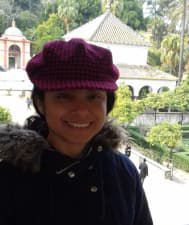Professor Peter Cheng
Peter Cheng is Professor of Cognitive Science in the Department of Informatics. He founded the Representational Systems Lab upon joining the University of Sussex in 2003, and he has it led ever since. Peter’s bachelor’s degree was in Mechanical Engineering, which was followed by a MA in Philosophy. After a PhD in Artificial Intelligence at the Open University, Peter held a SERC postdoctoral fellowship at Carnegie Mellon University, where he collaborated with Herbert Simon building computation models of the role of diagrams in scientific discovery.
Peter’s current areas of research are:
- The cognitive science of representational systems,
- Cognitive learning analytics,
- Micro-behavioural analysis of writing and drawing, and
- The cognitive science of tactile graphics.
Some insights that have flowed from, and that now guide, this work include:
- It is feasible to achieve a factor of two improvement in problem solving and learning in STEM topics by creating effective representations that coherently recodify the knowledge of such topics.
- There is potential to rapidly assess learners of natural language and STEM topics by probing the organization of subject matter content in the memory of learners using sub-second temporal signals in transcription tasks.
- Substantial individual strategic variability exists at time scales in the range of 1 to 10 seconds in people’s performance of seemingly simple tasks, such as the production of text or copying a diagram.
- The performance of expert readers of tactile graphics can approach that of sighted readers of visual graphics and it is possible to create tactile graphics that promote such skills.
Email: p.c.h.cheng@sussex.ac.uk
See Peter's profile










